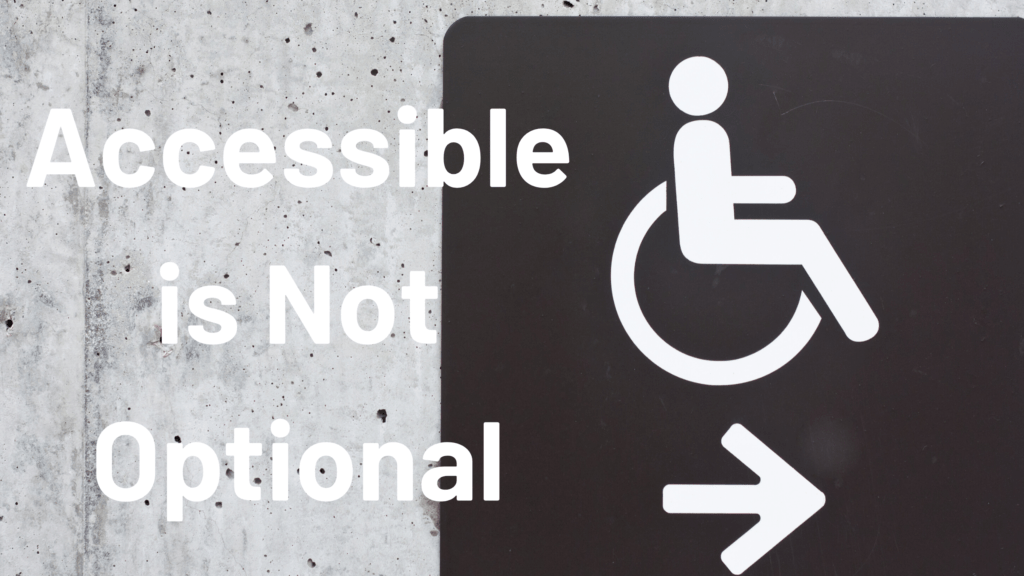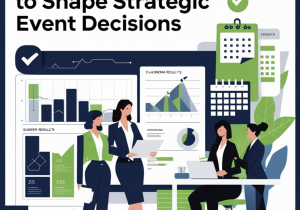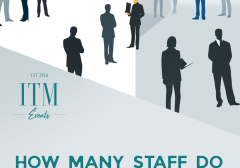Accessible is Not Optional
Venue
When negotiating the venue contract, ask to see the organization's accessibility for persons with disabilities policy and procedures. Take this opportunity to review it, and comment on it, in case there are items not considered. This will provide the opportunity to work together as a team with your staff and the venues to ensure every need is met on both sides.
What to look for on your site visit
Upon site inspection here are items to look for:
- entry doors, do they have automatic open sensors or push button activation
- are the activation buttons in working order, turned on for full access
- do these activation buttons apply to washrooms, and other entrances throughout the building
- are there mats, cords or other tripping hazards in high traffic areas
- are there seating options for wheelchair, walker and cane users (arms on chairs are ideal of these last two users)
- how many transitions are there from entry, to venue space, to washroom, to eating area. Are they ramped, or accessed by lift or elevator
- does the stage have ramp access, or a lift
Registration
Our friends at EventSystemPro spent a great deal of time, money and energy on ensuring that their registration system meets all accessibility needs when it comes those with vision impairment would be able to easily read the registration form and related details.
Registration options could include a companion registration fee, someone who an attendee must travel with - to assist with meals, and washroom breaks, navigation - it can be a small cost to cover their food and beverage expenses.
Hearing and Vision Impairments
Work with your A/V and interpretation/translation team to ensure you have covered all considerations for attendees with vision or auditory impairments. Can you provide ASL, closed captioning for video and other presentations? Can receivers pair with hearing aids in the room to offer improvements for those with auditory issues? Plan your budget accordingly for these considerations early in your planning to avoid disappointing attendees.

Networking Events
Be sure to offer seating options available in networking reception areas , not every guest can stand comfortably for long periods of time. Also be sure to host non-alcoholic beverage events, catering to non drinkers is very important, especially those in recovery. Also consider a buddy system, for newcomers to have a mentor to introduce them to people, and transition into networking and participation onsite at your meeting.
Transportation
Include information to delegates for accessible public transit options to your venue. Also plan for accessible transportation options for any offsite events.
Quiet Spaces
If you are expecting your attendees to be present and engaged for a full day of meetings, it is important to provide multiple break opportunities to get them up and moving and quiet spaces to recharge.
Be sure to ask for specific details about a mobility issue or food allergy/intolerance.
Do you require a wheelchair on site?
How severe is the allergy?
Food Allergies
With a multitude of dietary needs and concerns in today's world, it is more than just offering a vegetarian option to cover your dietary requirements for most meetings. People need to feel nourished, and have no barriers to fully participate in the day's events if they feel hungry or not sustained. I encourage clients to go wheat and dairy free in all meals, and offer a vegetarian menu to everyone. Most people do not even notice the absence of meat at meeting lunches, if there this a range of healthy offerings with plant based proteins available. And it is a must to ensure you include on your registration form, the area for people to identify their dietary needs. Build your menu around those issues, so not to single out anyone.
It's important to not just think about existing physical barriers, but potential barriers to participation. Accommodation for full participation will not just benefit the attendee, but benefit your event overall. When you start your planning considering people with disabilities it is simple and budget conscious to ensure persons with disabilities have equal opportunity to fully participate in your event or meeting.
Here is an online resource offered by the Ontario Universities to consider when planning and accessible event: Guide to Accessible Conference Planning
Happy Planning!





